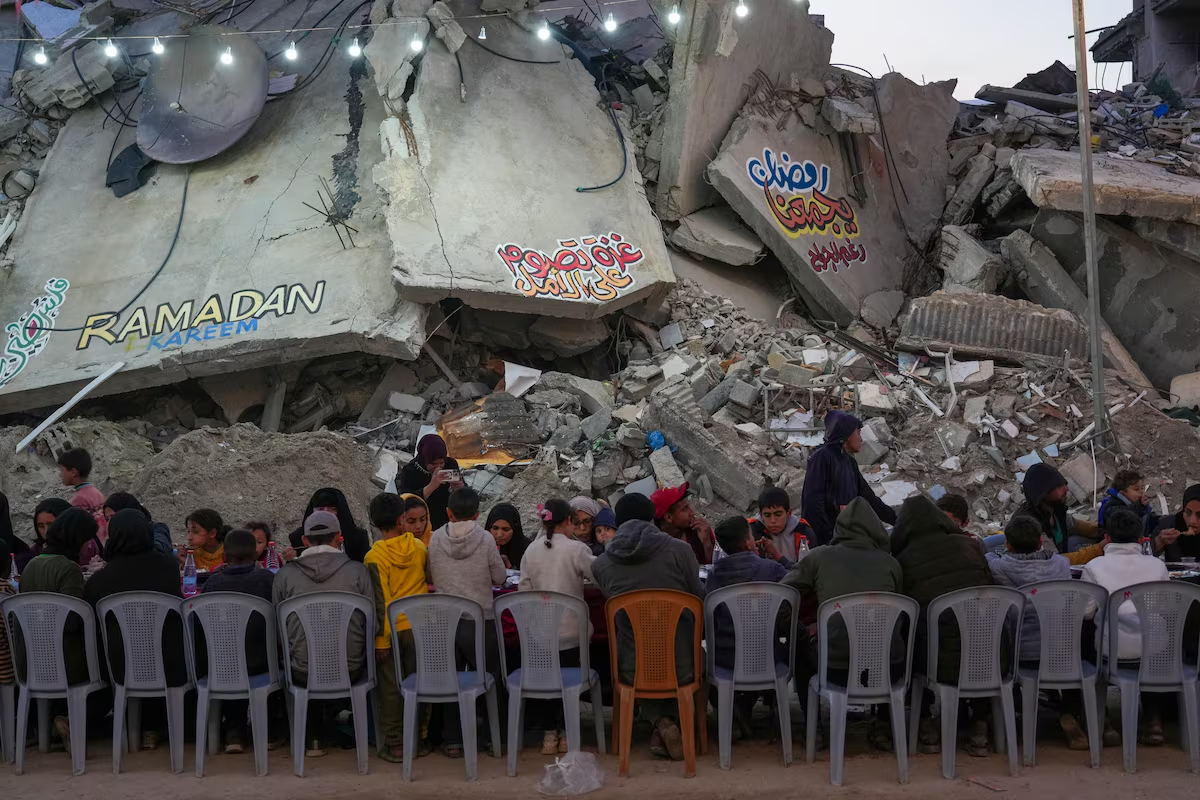Featured
article
- Get link
- X
- Other Apps
Aid Blockade Intensifies Ceasefire Standoff Between Israel and Hamas

In a significant escalation of tensions, Israel has halted the entry of all goods and supplies into the Gaza Strip, aiming to pressure Hamas into accepting a new ceasefire proposal. This move comes as the first phase of a fragile ceasefire expired, leaving both sides at an impasse over the terms of a potential extension.
The Israeli government, in coordination with U.S. Mideast envoy Steve Witkoff, proposed extending the ceasefire through Ramadan and Passover, which end on April 20. Under this plan, Hamas would release half of the remaining hostages on the first day, with the rest to follow upon reaching a permanent ceasefire agreement. However, Hamas has accused Israel of violating the truce and using aid as leverage, calling the blockade "cheap extortion" and a "war crime".
The first phase of the ceasefire, which began in January, saw a surge in humanitarian aid and the release of hostages on both sides. Yet, disputes over alleged violations marred the truce, with each side blaming the other for breaches. The blockade now threatens to exacerbate the humanitarian crisis in Gaza, where the population heavily relies on international aid for survival.
As negotiations stall, the international community watches closely, urging both parties to find a resolution that prioritizes peace and humanitarian needs. The situation remains precarious, with the potential for further escalation if an agreement is not reached soon.
Popular Posts
Trump's Six Words: "I'm Going to Stop the Wars"
- Get link
- X
- Other Apps
Smart Savings for a Sharp School Start: Canadian Parents’ 2025 Guide
- Get link
- X
- Other Apps



Comments
Post a Comment